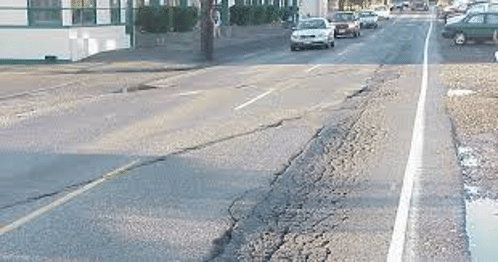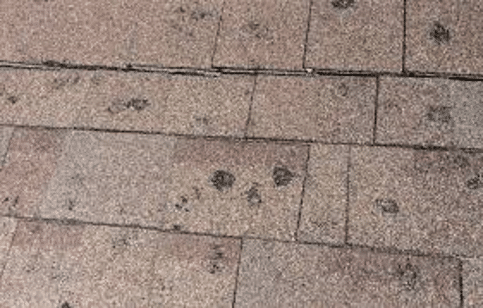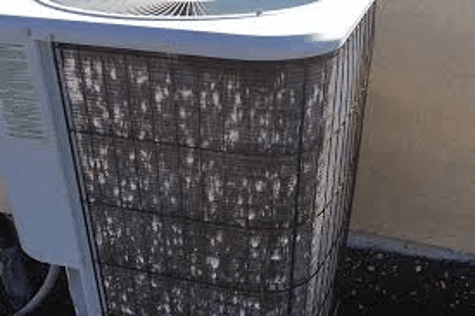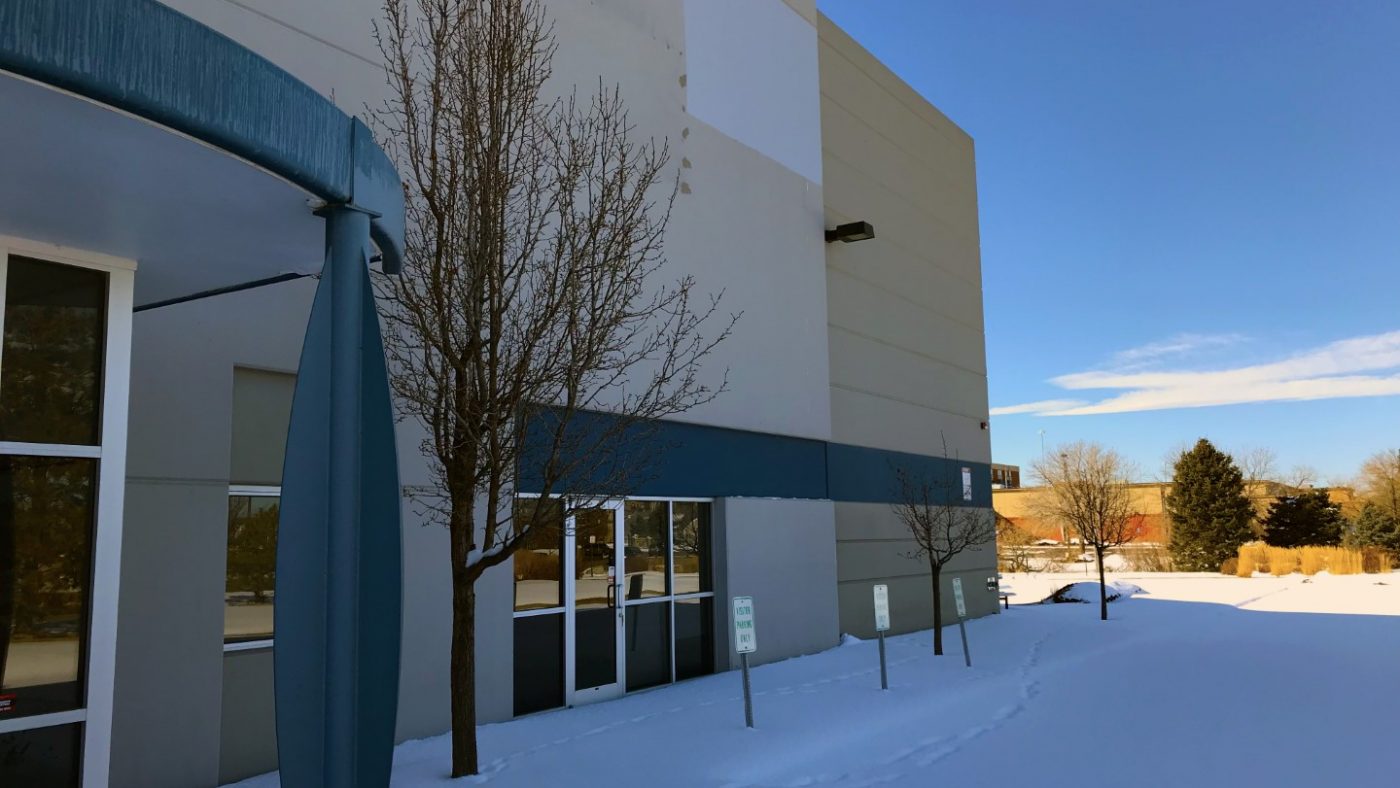What is a Property Condition Assessment?
If you are in the commercial real estate market, you may have heard of Property Condition Assessments (PCAs) as they assist sellers, potential buyers, lenders, investors and/or owners. PCAs are considered a due diligence effort designed to evaluate the existing condition of a building and its surrounding attributes. The scope of a PCA covers many different areas including the exterior site components, the structural formation of the building, the building envelope attributes, roofing components, interior elements and finishes, mechanical, electrical and plumbing systems, vertical transportation, life safety, and various other elements. Additionally, there are optional items that can be included outside the American Society for Testing and Materials (ASTM) E2018 scope which are the industry-accepted guidelines for a PCA. PCAs are useful in many ways which include negotiating the purchase price of a property, capital or strategic planning, loan approval, triple net leases, predictive or preventative maintenance, and insurance evaluations.
Regional Considerations
PCAs are performed all over the country and property conditions of similar types (i.e. commercial, industrial, multi-family, etc.) can vary within each region. The Rocky Mountain region of the United States is one such region that can affect certain attributes of a property. The Rocky Mountain region consists of Arizona, Colorado, Idaho, Montana, Nevada, New Mexico, Utah, and Wyoming. One regional aspect that can affect the properties assessed during PCAs is the weather. Weather in the Rocky Mountain region can have large impacts on all aspects of a PCA and condition of a property. The climate of the Rocky Mountain area is very diverse. The region features arid climates as well as alpine climates. Some parts receive large amounts of precipitation while other parts receive little rain and no snow. Because of these drastic changes, it is important to understand how weather affects certain attributes of a property, especially cold weather impacts.
Pavement
Climate, more specifically temperature and moisture changes, affects the performance of pavements. These are considered when designing pavement. For example, the choice in asphalt binder which promotes adhesion is related to local temperature conditions for structural and functional requirements. Studies in colder weather areas suggest that deterioration in rutting, longitudinal and transverse cracking, as well as alligator cracking, is accelerated by the cold weather conditions. Frost heave and thaw is an important factor when assessing pavement as when it gets colder and frost heaving occurs, pavements gain strength due to a frozen subgrade. However, during the spring thaw, when there is an increase in moisture beneath and above the pavement, road deterioration occurs at an increased level. The damage results in longitudinal and transverse cracking as well as rutting.

Roadway Rutting
Roofing
Environmental constraints of roofing components include extreme weather fluctuations such as freeze/thaw and hailstorms. A large majority of roofing failures in the United States are a result of hail damage. The typical issues include expansion and contraction due to freeze/thaw. Freeze/thaw can create the tearing of membranes during expansion and contraction. This can also damage the elastic limit of the roofing membrane. Another issue that can arise in cold climate areas is ponding which can occur due to roof decking deflections. Additionally, hailstorms can damage roof membranes or even crack frozen areas. On sloped roofs with gutters, snowstorms or freezing rain can be an issue if debris has not been correctly removed. The gutters can get clogged and if left over a long period of time moisture (snow, rain, etc.) can accumulate under shingles and migrate through unsealed locations to damage the interior framing or finishes. Additionally, if not addressed, moisture could find its way to electrical wiring and create fires or create mold issues.

Hail Damage on Asphalt Shingle Roofing
Heating and Air Conditioning
Not only can cold weather conditions affect pavements, roofing or even the exterior façade of buildings, but it can be detrimental to air-conditioning and heating equipment. For multi-family residential apartment buildings that typically utilize outdoor condensing units, hail can damage the condensing fins which can restrict airflow. A reduction of airflow can impact the air-conditioner’s ability to transfer heat from inside to the outside. This can cause the equipment to work harder and have a shorter useful life. Damage can be seen and unseen as hail can dent fan motors and blades which can cause further extensive damage over a period of time. Hail can also damage the tubing in the coils, the thermostat wiring, refrigerant tube, and ductwork.

Hail Damage on Condensing Unit
How Can VERTEX Help?
VERTEX continues to educate our clients on these concerns and can guide our clients when issues arise to help streamline the Due Diligence process and if possible prevent further damage.
To learn more about VERTEX’s Environmental Consulting services, or to speak with an Environmental Expert, call 888.298.5162 or submit an inquiry.




